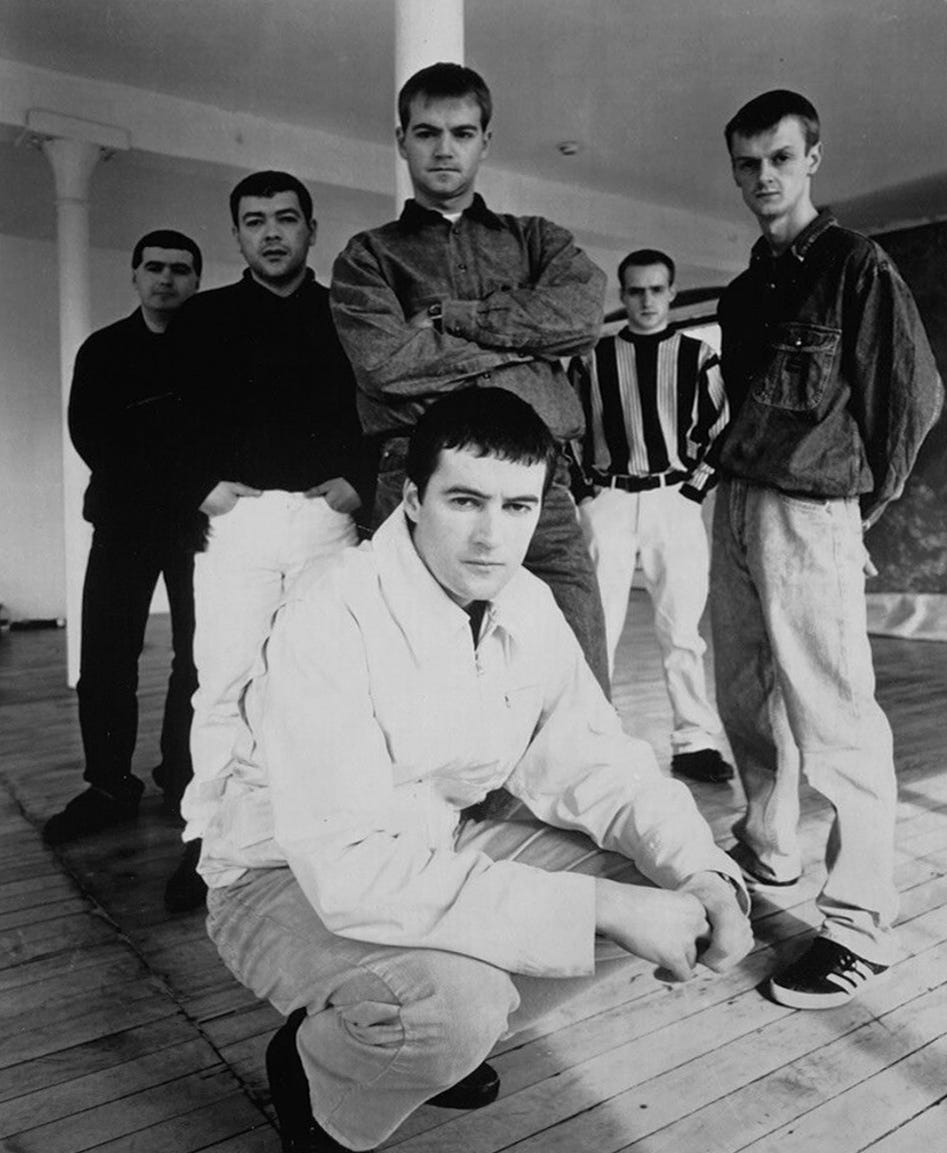The 'Alternating Currents' Legacy Interview: Peter Hooton of The Farm
From Anfield fields to indie anthems, a look back at Liverpool's band for the people.
Keep reading with a 7-day free trial
Subscribe to Write Hear to keep reading this post and get 7 days of free access to the full post archives.



